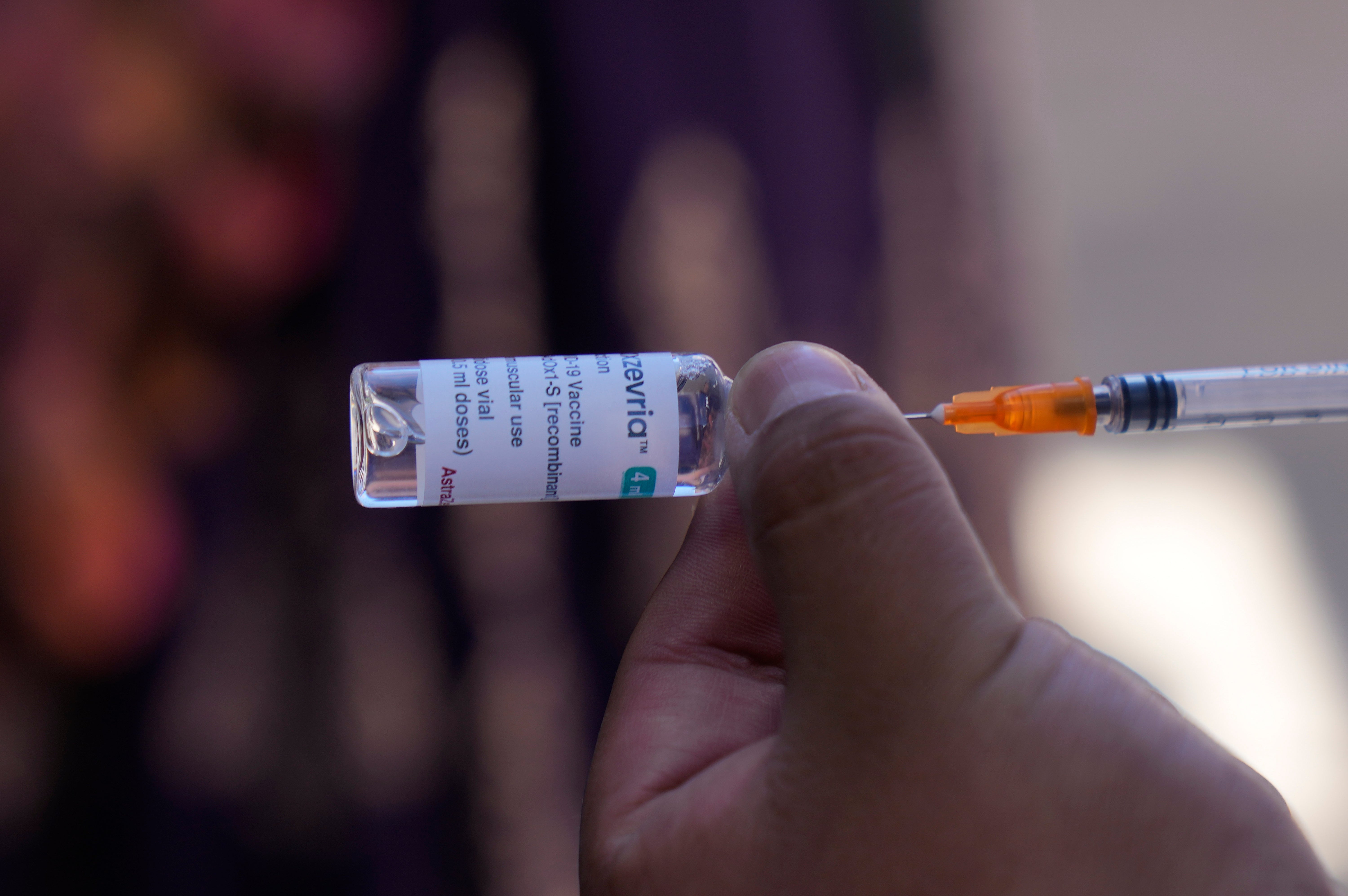Covid vaccine effectiveness wears off more quickly in cancer patients, study finds
Researchers say this work highlights the importance of booster jabs for cancer patients

Coronavirus vaccines offer less protection for cancer patients than the general population and their efficacy wanes more rapidly, according to a new study.
This effect is more pronounced on patients with the blood cancers lymphoma and leukaemia, and those who have recently received radiotherapy or chemotherapy, the study published in the journal Lancet Oncology found.
While it is known that coronavirus poses a greater risk of hospitalisation and death to cancer patients, according to scientists there has been a dearth of real-world research into how effective vaccines are at preventing breakthrough infections in these patients and how quickly their protection wanes.
To this end, the UK Coronavirus Cancer Evaluation Project – the world’s largest such analysis – compared the records of 377,194 people across England with active or recent cancer who had received two vaccine doses to those of more than 28 million people without malignancies.
Of the cancer patients, 43,882 experienced breakthrough Covid-19 infections, while the other group saw 5.74 million, according to the study co-led by the UK Health Security Agency and the Universities of Oxford, Birmingham and Southampton.
Overall vaccine effectiveness in the group of cancer patients after two jabs was found to be 65.5 per cent, down only slightly on the 69.8 per cent observed in the general population.
However, by three to six months after the second jab, vaccine efficacy had fallen to 47 per cent in cancer patients, compared to 61.4 per cent in the general population.
Vaccine effectiveness is lowest and wanes most quickly in those with the blood cancers lymphoma and leukaemia, the study found, falling to 12.8 per cent and 18.5 per cent respectively three to six months after a second jab.
Among those with cancer in their organs, as opposed to blood cancers, vaccine efficacy was lowest in those with head and neck malignancies, researchers found.
Vaccines were also found to be less effective and to wane more quickly in patients who had received chemotherapy and radiotherapy in the previous 12 months, compared to those receiving different treatments or who received them more than a year prior.
The study suggested that cancer patients, “especially those with lymphoma and leukaemia, might have a limited capacity to maintain immunological vaccine memory, in many cases as a consequence of cancer treatments that specifically suppress immune responses”.
According to joint author Professor Peter Johnson, of the University of Southampton, the results highlight “the importance of vaccination booster programmes and rapid access to Covid-19 treatments for people undergoing cancer treatments”.
Helen Rowntree, director of research, services and engagement at Blood Cancer UK said: “For our community, Covid-19 very much has not gone away and many people remain in their homes due to the threat.”
“We know how important the vaccines are for people with blood cancer,” she added. “This study importantly shows that immunity wanes faster in people with blood cancer, who are entitled to five vaccine doses, and we’d encourage everyone with blood cancer to make sure they are getting these doses.”
Join our commenting forum
Join thought-provoking conversations, follow other Independent readers and see their replies
Comments

Bookmark popover
Removed from bookmarks